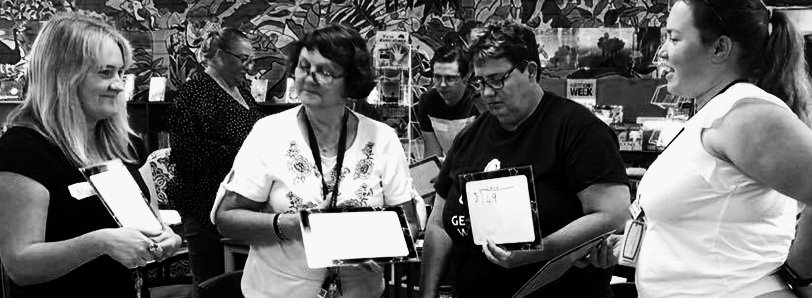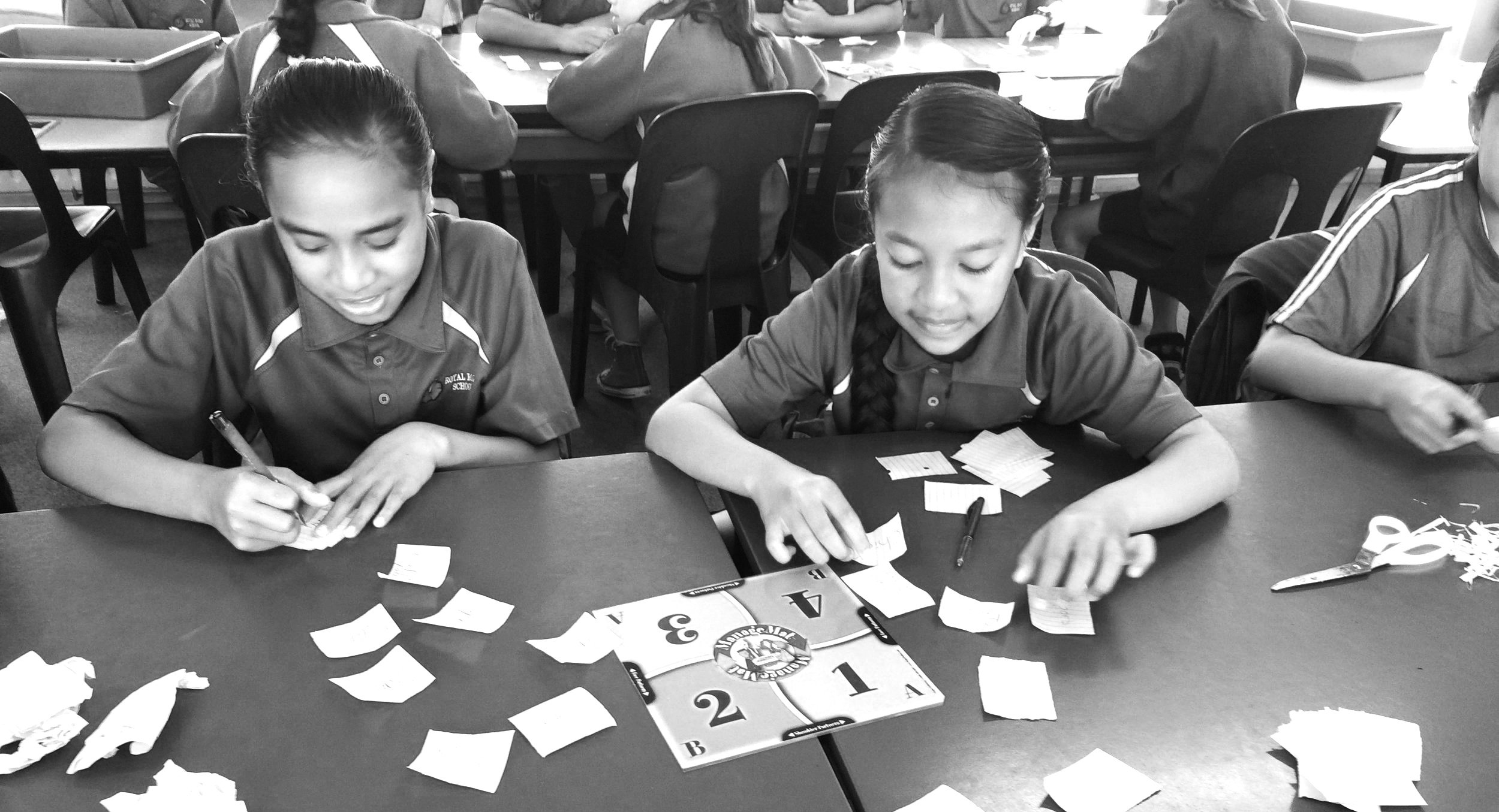It all starts here…
Akō Mahi Tahi
KAGAN COOPERATIVE LEARNING
Kagan Structures for Active Engagement: Akō Mahi Tahi (Cooperative Learning)
5 Day workshop (can be taken day by day in order, or as an academy)
Ready to transform your classroom into a space where every student actively participates and thrives? Welcome to Ako Mahi Tahi, where Kagan Cooperative Learning Structures create vibrant communities of engaged learners.
Imagine a classroom where participation isn't just wishful thinking - where every student, including those who typically hesitate to contribute, becomes confidently involved in their learning journey. These research-backed structures, perfectly aligned with the New Zealand Curriculum, make inclusive education feel natural and achievable.
When Kagan structures work their magic, you'll see:
- Full participation from all learners, not just your usual enthusiastic volunteers
- Neurodivergent students flourishing within clear, predictable routines
- Behavior challenges diminishing as genuine engagement takes center stage
- Learning that feels safe, supported, and genuinely enjoyable for everyone
This isn't a theoretical workshop filled with abstract concepts. Instead, you'll experience first hand how these practical structures transform team work from challenging to collaborative. Through active participation and guided practice, you'll develop:
- Ready-to-implement strategies that work from day one
- Tools for creating an inclusive environment where every learner belongs
- Techniques that make high engagement the norm rather than the exception
Join us for Akō Mahi Tahi - where proven structures meet practical application to create classrooms where everyone succeeds. Experience the difference when every student feels valued, capable, and eager to participate.
Workshop Highlights
Maximise student learning and engagement with a powerful and proven approach.
Create a cooperative and nurturing classroom environment that prevents bullying, violence, and discipline problems.
Elevate the level of enjoyment, friendship, and interest in learning among students through effective Classbuilding and Teambuilding techniques.
Discover the limitations of group work and the advantages of Kagan Structures, ensuring optimal learning outcomes for all students.
Seamlessly incorporate akō and tuakana teina concepts in every learning session for a more holistic and culturally responsive approach.
Master the art of pairing and teaming strategies, including their formation and optimal use in different learning contexts.
Equip students with the essential skills and motivation to work together successfully, fostering a positive and collaborative classroom community.
Receive valuable management tips for effectively managing a cooperative classroom with ease.
Gain a deep understanding of the fundamental principles that lead to successful outcomes for all students.
Who should attend
This workshop is designed for New Zealand teachers committed to creating inclusive, engaging, and culturally responsive learning environments that support all students to reach their full potential.
Ideal for:
- Primary and secondary teachers across Aotearoa seeking evidence-based strategies that weave together cultural responsiveness and support for neuro-diverse learners
- Educators looking to enhance their skills in creating safe, inclusive learning spaces where every student's cultural identity and learning needs are valued and celebrated
- Teaching professionals wanting practical classroom management techniques that honour both cultural perspectives and individual student needs
- Kaiako working to strengthen their culturally responsive practice while supporting students who benefit from differentiated learning approaches
- Educators interested in building a comprehensive toolkit that brings together cultural competency, social skill development, and student wellbeing
Whether you're experienced in working with neuro-diverse learners or looking to build your confidence in this area, this workshop offers practical strategies that acknowledge and embrace both cultural diversity and neurodiversity in your classroom. The focus is on real-world solutions that fit within the dynamic reality of teaching life in Aotearoa, ensuring you can support every learner while maintaining an effective, culturally affirming learning environment for all.
Perfect for both experienced teachers looking to refresh their approach and those seeking to deepen their understanding of inclusive, culturally responsive teaching practices that support every ākonga to shine.





